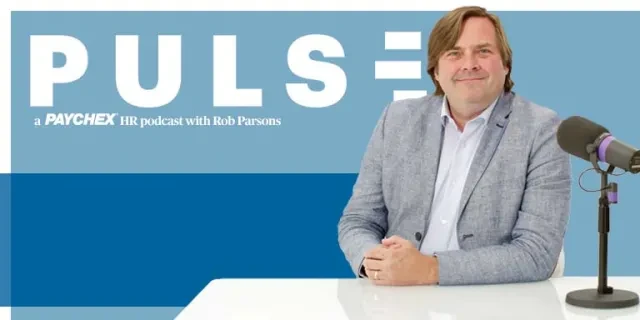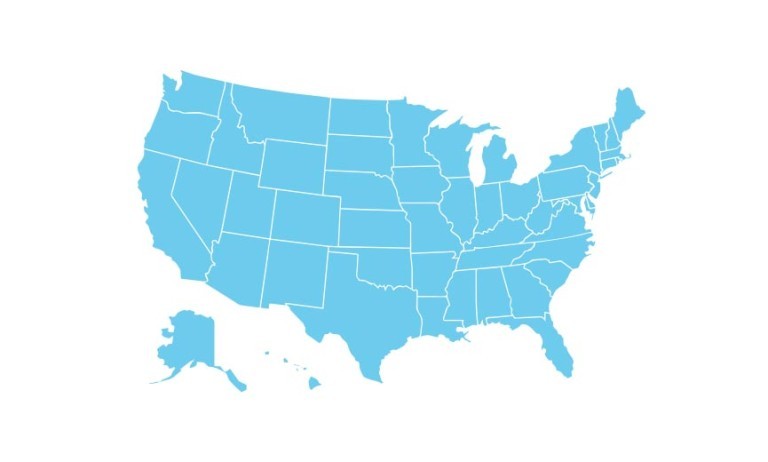Business Resources to Help You and Your Employees

Top Regulatory Issues Facing Businesses in 2026
Our Compliance and HR experts share insights on changes businesses can expect in 2026 regarding laws impacting employment, taxes, AI, retirement, as well as effects of the government shutdown. This on-demand webinar can help you plan and develop strategies to position your business for success.
Another Possible Shutdown?
The federal government is less than 12 hours from facing a partial shutdown if the remaining appropriation bills aren't passed by Congress and signed into law before Jan. 30. There is progress with the House passing all the bills. Now, we wait for the Senate. Businesses should plan accordingly if another shutdown is initiated.
All Resources
Business Podcasts
Paychex Thrive, a Business Podcast
Navigate the dynamics of today's business climate.

Paychex Pulse, an HR Podcast
The issues facing today's human resource leaders and managers.










